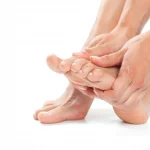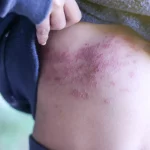Prion Diseases Examples – Prion diseases are rare, degenerative neurological disorders caused by prions. Prions are infectious proteins that can cause the brain to malfunction, leading to progressive damage. Symptoms of prion diseases in humans vary depending on the individual but may include memory problems, changes in personality, difficulty walking or speaking, and seizures. There is no cure for prion diseases, and they are often fatal. The cause of prion diseases is unknown, but they are believed to be caused by exposure to prions in the environment. Prion
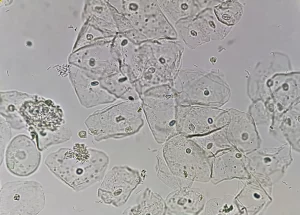
diseases in humans are most commonly found in people who have worked with animals infected with prions, such as cattle or deer, but can also occur in people who have eaten meat from an infected animal. Treatments include prion removal, degradation, or a possible prion vaccine.
Prion Diseases Examples
There are various types of this disease. Prion diseases examples include:
- Creutzfeldt-Jakob disease (CJD): Creutzfeldt-Jakob disease is the most common type of prion disease. It is a rare, fatal disorder that causes progressive damage to the brain. Symptoms include memory difficulties, changes in personality, difficulty walking or speaking, and seizures. CJD can be divided into three types: sporadic CJD, familial CJD, and acquired CJD.
- Kuru: Kuru is a rare prion disease found in Papua New Guinea. It is caused by exposure to human prions and typically affects people who have eaten human brains. Symptoms include tremors, muscle weakness, and difficulty walking. Kuru was once widespread in Papua New Guinea, but has been virtually eliminated thanks to public health campaigns that discouraged cannibalism.
- Fatal familial insomnia (FFI): Fatal familial insomnia is a rare prion disease that affects the brain stem. It is caused by a mutation in the PRNP gene. Symptoms include insomnia, difficulty speaking, and hallucinations. FFI is fatal and there is no cure.
- Gerstmann-Sträussler-Scheinker syndrome (GSS): Gerstmann-Sträussler-Scheinker syndrome is a rare prion disease that influences the brain. It is caused by a mutation in the PRNP gene. Symptoms include dementia, muscle weakness, and Ataxia (a condition that influences movement). GSS is fatal and there is no cure.
- Scrapie: Scrapie is a rare prion disease found in sheep and goats. It is caused by exposure to contaminated food or water. Symptoms include weight loss, muscle wasting, and difficulty walking. Scrapie is fatal and there is no cure.
Prion Diseases Treatment
There is no cure for prion diseases, and they are often fatal. Treatment focuses on relieving symptoms and providing supportive care. There is no specific treatment for prion diseases, but some experimental therapies are being studied. These include:
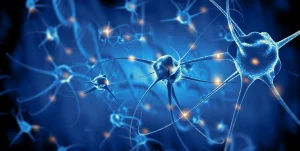
- Prion removal: This treatment involves removing prions from the body using a filter or other method. Prion removal is still in the early stages of research and has not been proven to be effective.
- Prion degradation: This treatment involves breaking down prions using enzymes or other methods. Prion degradation is still in the early stages of research and has not been proven to be effective.
- Antibodies: Antibodies are proteins that can bind to and destroy viruses, bacteria, and other foreign substances in the body. Some experimental therapies are studying the use of antibodies to treat prion diseases, but this treatment has not yet been proven to be effective.
- Vaccines: Vaccines are used to prevent infections by stimulating the body’s immune system to produce antibodies that will destroy viruses, bacteria, and other foreign substances. There is currently no prion vaccine available for prion diseases, but some experimental therapies are studying the use of vaccines to treat prion diseases. This treatment has not yet been proven to be effective.
Prevention
There is no sure way to prevent prion diseases, but there are some measures that can be taken to reduce the risk of exposure to prions. These include:
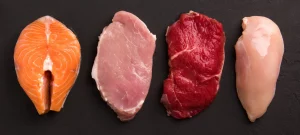
- Avoiding contact with contaminated body fluids or tissues: Prions can be found in the brain, spinal cord, and other tissues of infected animals.
- Stepping up food safety measures: Prions can contaminate meat products if they are not cooked properly. People should make sure that meat is cooked thoroughly to kill any potentially harmful prions.
- Wearing gloves and protective clothing: Health care workers should take precautions to avoid exposure to prions when caring for patients with prion diseases.


